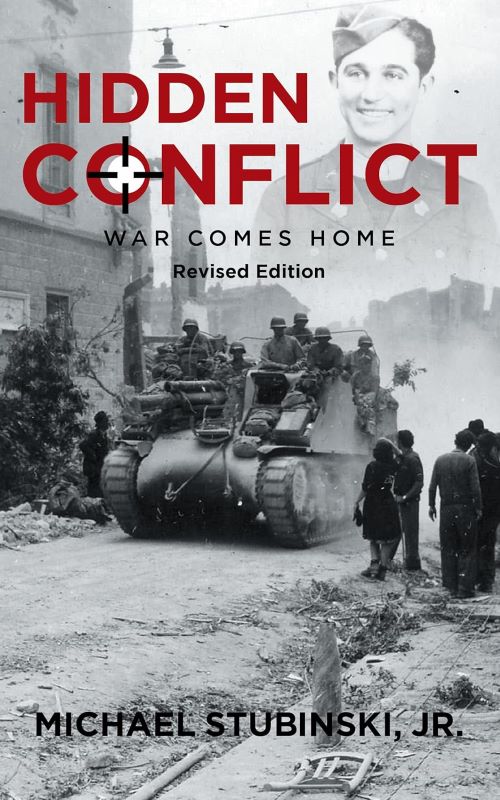Have you ever wondered how much pain remains unspoken in a veteran’s heart? Many carry the weight of their experiences in silence, but storytelling can offer a powerful way to heal. Sharing a veteran’s story isn’t just about preserving history. It’s about healing. When words replace silence, families reconnect, pain finds a voice, and understanding grows.
Let’s explore how storytelling can mend what war has broken.
How Storytelling Reconnects Families
When veterans open up about their experiences, it bridges emotional gaps with their loved ones. Family members often struggle to understand what their loved one has endured. Writing provides a safe way to share memories and emotions that may have been buried for years.
Breaking the Silence Through Writing
Many veterans hesitate to talk about their past. Putting their story on paper offers a way to process trauma without pressure. It creates a sense of control over painful memories, allowing them to release emotions at their own pace.
Honoring Their Journey Through Words
Recording a veteran’s story is not just about revisiting the past; it’s about honoring their journey. Whether through memoirs, letters, or even fictionalized accounts, storytelling gives a voice to struggles that might otherwise go unheard.
How Writing Helps Veterans Reclaim Their Voice
Writing offers a safe way to process trauma. Unlike speaking, it lets veterans:
- Control the Pace: No pressure to share before they’re ready.
- Organize Fragmented Memories: Putting chaos into words makes it manageable.
- Release Emotions Safely: Paper doesn’t judge or interrupt.
Studies show expressive writing reduces PTSD symptoms, improves sleep, and eases depression. The act of writing itself can be therapy.

Final Thought: Your Story Matters More Than You Know
Silence keeps wounds fresh. Stories help them heal. Whether you’re a veteran or a loved one, writing can rebuild what war damaged.
Start small. Start messy. Just start.
If you want to read about a veteran’s story and writing, then Hidden Conflict: War Comes Home by Michael Stubinski Jr. is a great choice. In this book, his father’s journey mirrors the reality of many veterans. His story is filled with personal struggles, moral dilemmas, and emotional battles. His path highlights how storytelling can be a lifeline, helping both veterans and their families process pain and reconnect.
For a powerful look at a veteran’s struggles and triumphs, order Hidden Conflict: War Comes Home and explore a journey of resilience and self-discovery.

